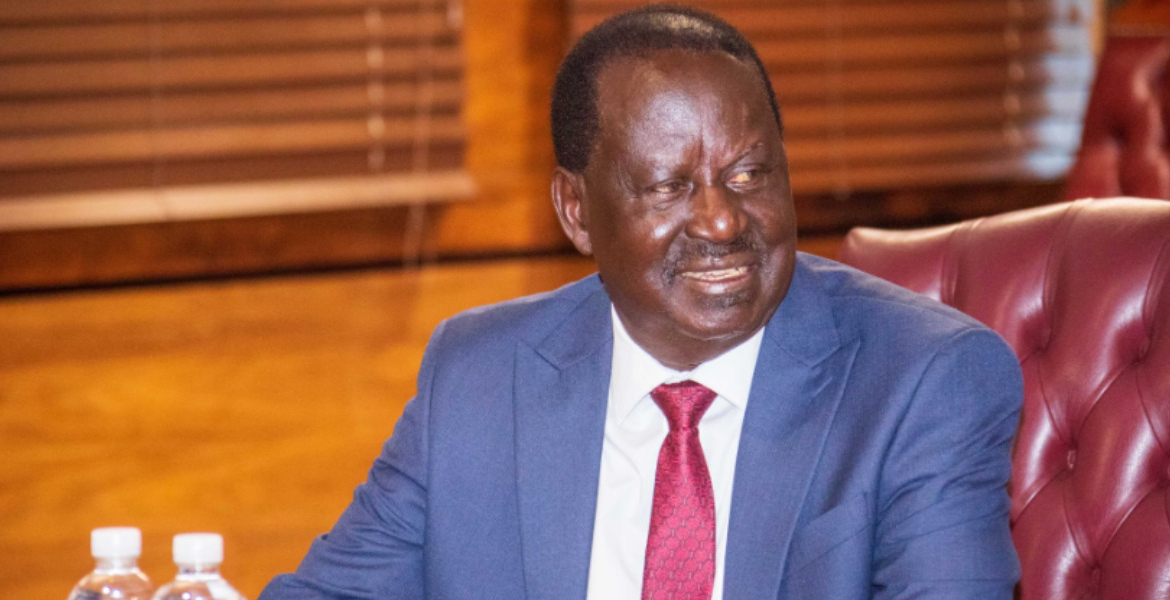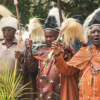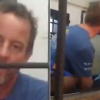“Raila Knew His Time Was Up,” Says Long-Time Aide Dennis Onyango

Raila Odinga, Kenya’s long-time opposition leader and former Prime Minister, spent his final year focusing on securing his legacy and preparing for life beyond politics, according to his long-time aide and Raila Odinga Secretariat spokesperson, Dennis Onyango.
Odinga died on 15 October 2025 while receiving treatment in India and was buried four days later at his family home in Bondo, Siaya County. His death prompted a rare moment of national unity, with the government declaring seven days of mourning and granting him full military honours at his state funeral, an exceptional gesture for a civilian leader.
Onyango revealed that Odinga’s final months were marked not by a sudden decline but by a deliberate process of reflection. As early as February 2024, Odinga revisited key places in Germany, including his former schools, determined to correct public records and document his experiences. “He kept asking if I had my notebook,” Onyango recalled. “It was clear he wanted to tie loose ends.”
This desire to clarify history extended to his work in Kenya. By September 2024, Odinga was engaged in discussions about strengthening academic programmes at the Jaramogi Oginga Odinga University of Science and Technology. Although proposals were made to establish a School of Government in his name, he preferred to defer such honours.
“Those things you do posthumous, when I’m gone,” he told Onyango.
Odinga also rejected plans for a personal mausoleum, instead asking to be buried within the Jaramogi Museum, a family institution dedicated to shared memory.
“They have given me a corner. I will stay there,” he reportedly said.
Despite being 80, Odinga remained active, often ignoring medical advice to rest. Onyango described him as physically resilient but increasingly affected by chronic back and knee pain.
“He couldn’t stay home for even three days,” Onyango said, noting that he encouraged Odinga to travel abroad for treatment, a trip that would ultimately be his last.
In his final year, Odinga worked to strengthen the Raila Odinga Foundation, holding meetings with his brother, Oburu Odinga, and Kisumu Governor Anyang’ Nyong’o to streamline its operations. These efforts were meant to be completed upon his return from India. Onyango described Odinga’s leadership as unpredictable yet principled.
“Every day was a new day,” he said, explaining that while plans could shift quickly, Odinga’s positions on governance and corruption never wavered.
He was known for consulting widely rather than relying on a fixed group of advisers, a habit that often led to frequent strategy changes. The pace of working with Odinga was demanding. Onyango joked that staff “aged faster than he did,” but said it was a privilege to serve someone so dedicated to public life.
“Raila was permanently on the phone,” he said. “If he were ever detained again, he would not die of anything but lack of access to a phone.”





Add new comment